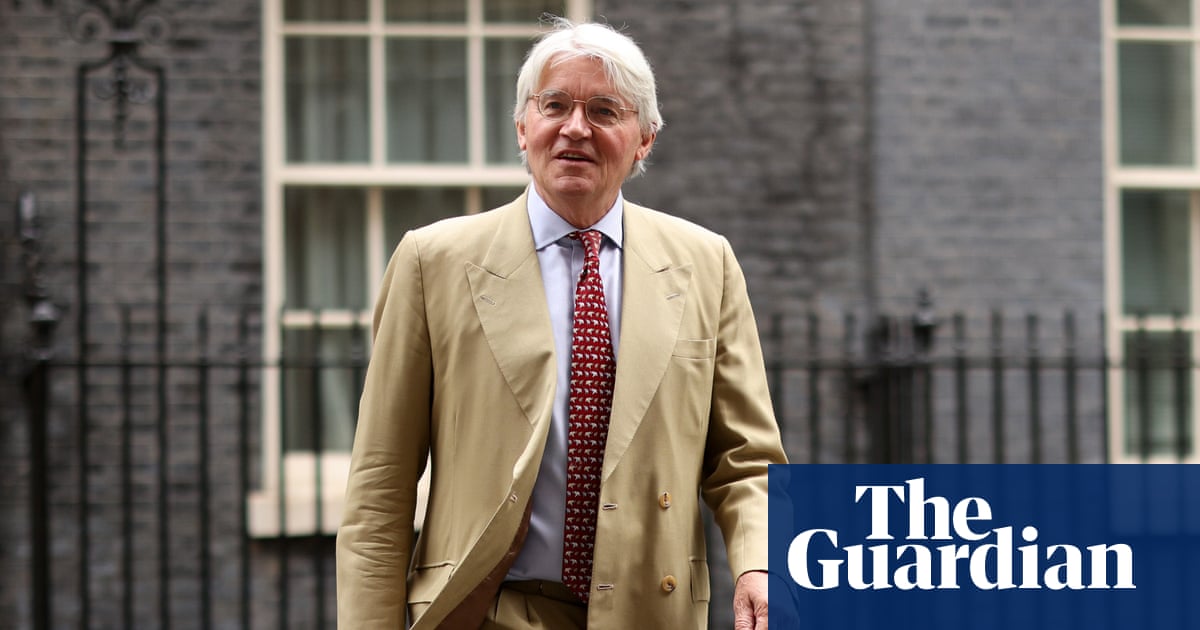
Ministers should have to swear an oath to uphold ethical standards in public life after years of scandals and declining trust in the government, a new cross-party commission has found.
The group, whose members include the former Tory attorney general Dominic Grieve, the Labour MP Margaret Hodge, and Helen MacNamara, a former government ethics chief, set out 100 recommendations aimed at fixing problems with the standards system.
One of its key proposals would involve a new code for ministers applied in law, which they would have to swear to uphold on taking office.
The commission, funded by the Joseph Rowntree trust, said a revised ministerial code should be subject to oversight by an independent watchdog, which could initiate investigations and recommend sanctions for wrongdoing. The prime minister should retain discretion over whether to implement these, including dismissal.
Ministers are supposed to abide by the Nolan principles of selflessness, integrity, objectivity, accountability, openness, honesty and leadership, and to uphold the ministerial code. However, its enforcement is entirely a matter for the prime minister, with input from his adviser on ministerial interests.
This allowed Priti Patel, the former home secretary, to keep her job after Boris Johnson ignored a finding from his adviser, Sir Alex Allan, that she had bullied staff, leading to the aide’s resignation. Other ministers investigated under the system in recent years include Johnson and Rishi Sunak.
Keir Starmer’s chief of staff, Sue Gray, is a former government ethics chief who oversaw the running of the propriety and ethics team from 2012 to 2018.
The report is likely to be examined closely by Labour, which has its own proposals for overhauling governance, including a new ethics and integrity commission charged with responsibility for ministers’ ethical standards and conflicts of interest. However, some party insiders are sceptical about whether the party will get around to an overhaul of the system or measures to increase transparency given other priorities of a first term in power.
The Conservatives have shown less appetite for overhauling the standards system, with Johnson rejecting proposals to give the independent adviser on ministerial interests the ability to initiate their own investigations into ministers.
MacNamara, who was in charge of propriety and ethics in the government in 2018 before becoming deputy cabinet secretary, said it was “not good enough to rely on goodwill or good intentions – we’re recommending stronger systems and safeguards to protect what matters”.
She added: “The civil service is an extraordinary institution that has served the country very well but it is now under serious strain. It’s time for a proper debate about how to set it up for success in the future.”
The commission also recommended stripping the prime minister of some power to appoint peers and give out honours without independent approval.
Successive prime ministers, including Johnson and Liz Truss, have been allowed to appoint numerous peers to the House of Lords, despite being removed from office by their parties.
Other recommendations included training on standards in public life for MPs and peers, with appropriate sanctions if not attended.
The commission also suggested increasing the House of Commons’ ability to determine what it would debate and when it would sit, including approving being prorogued, to stop situations such as Johnson unlawfully suspending parliament in 2019.












